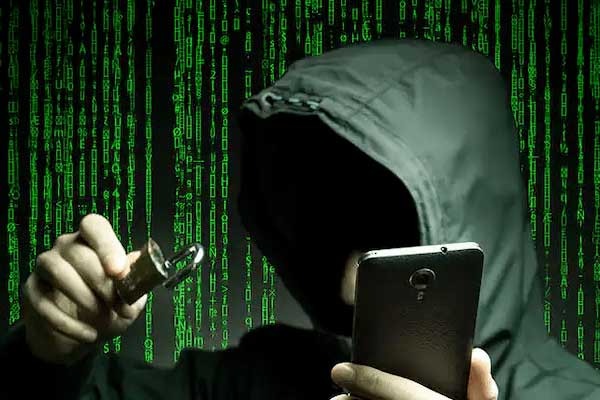
Now, at the state level, only officers of the rank of Inspector General of Police (IG) or above will be able to order phone interception or phone tapping in emergency cases. Such orders will have to be confirmed by the competent authority within seven working days from the date of issuance of the order.
If this is not done, the intercepted messages will not be allowed to be used for any purpose. Also, these messages will have to be destroyed within two working days. The government has issued new rules in this regard.
The Union Home Secretary in the case of the Central Government and the Secretary in charge of the Home Department in the case of the State Government will be the competent authority. The Department of Telecommunications notification states that if it is not possible for the competent officer to issue orders in remote areas or for other reasons, the interception order can be issued by the head of the authorized agency at the central level or the most senior officer at the second level.
The order has to be confirmed by the competent authority within seven days
The head of the authorised agency in the State or the second most senior officer, not below the rank of Inspector General of Police, can also issue such order. In unavoidable circumstances, such an order can be given by an officer not below the rank of Joint Secretary to the Central Government, authorised for the purpose by the competent authority.
Any order confirmed by the competent authority will have to be submitted to the relevant review committee at the central or state level within seven working days from the date of issuance or confirmation. At the central level, the review committee will be headed by the Cabinet Secretary. It will have the Law Secretary and the Telecom Secretary as members. At the state level, the Chief Secretary will head the review committee, which will include the Home Secretary along with the State Law Secretary and the Secretary of the State Government.
Read More: KPI Green Energy Stock Price: A major update on renewable energy, which has returned 310% in 3 years
--Advertisement--

 Share
Share



